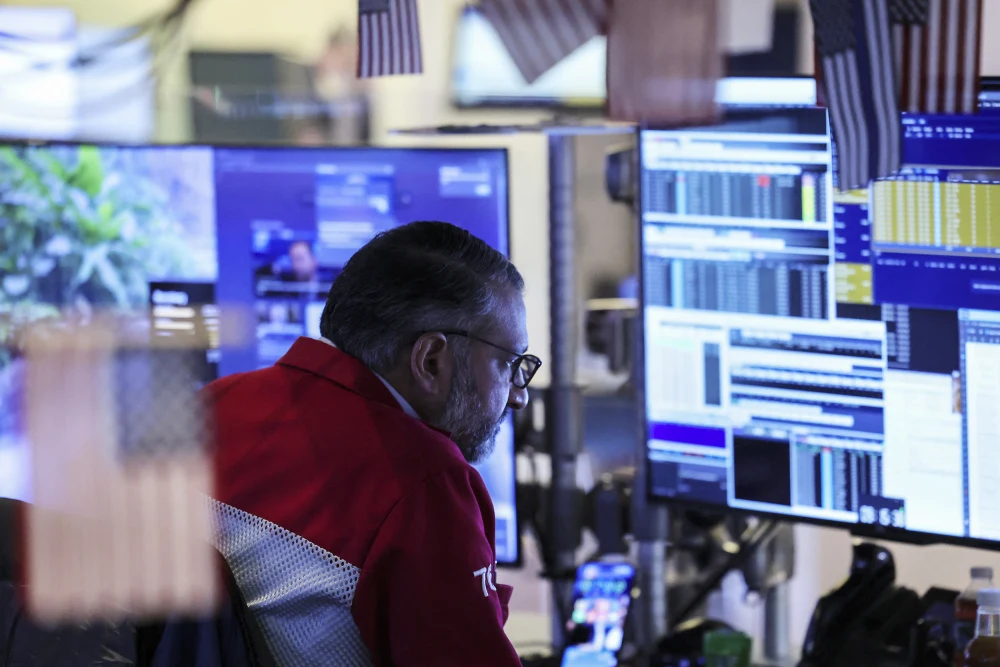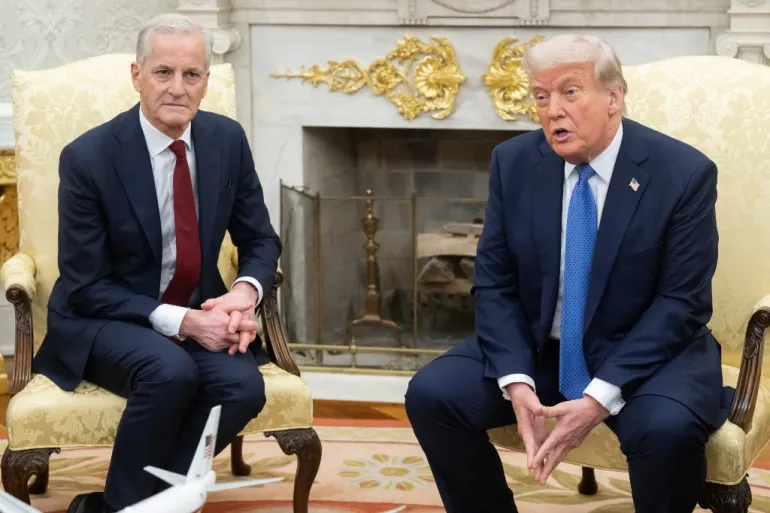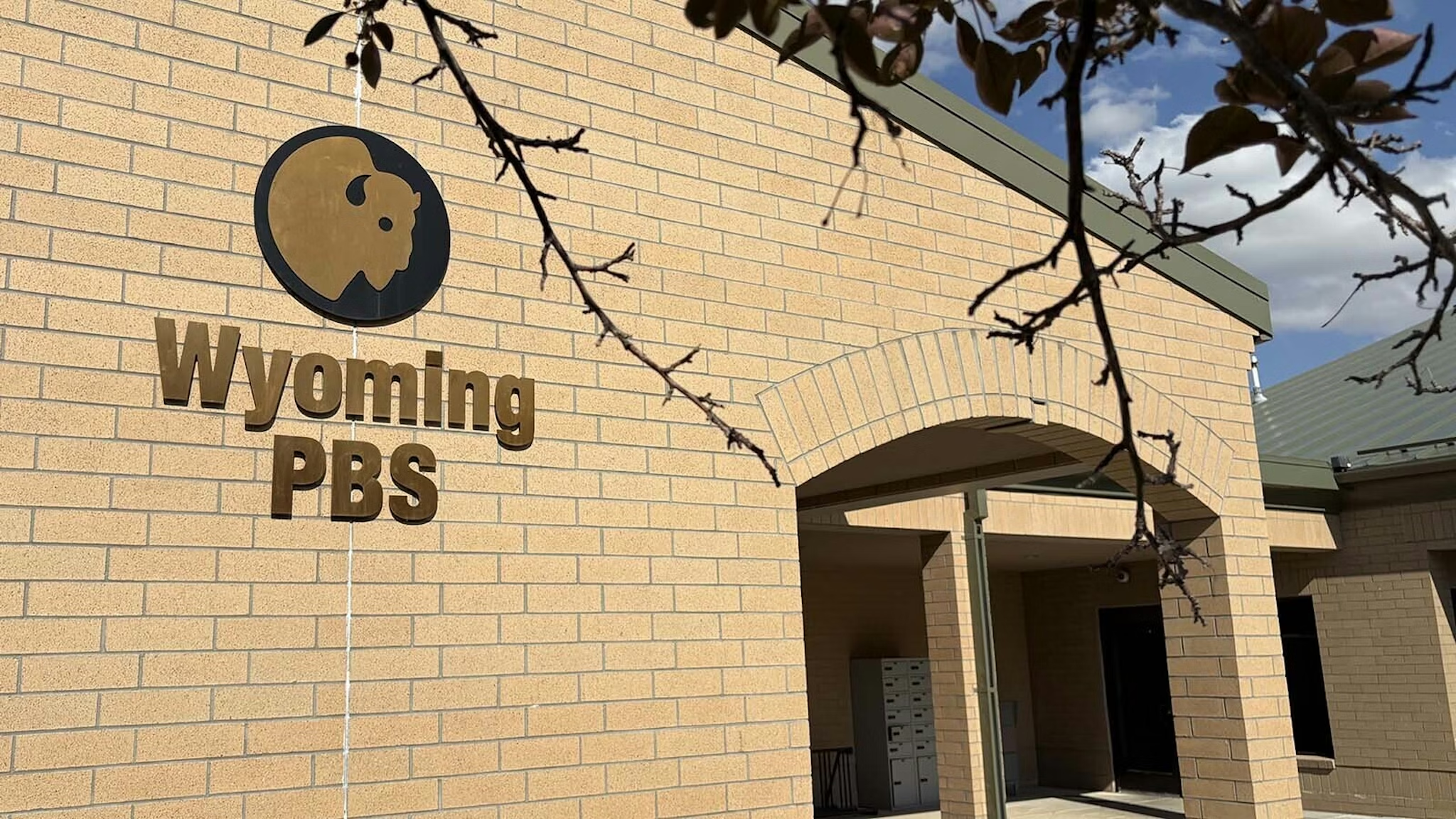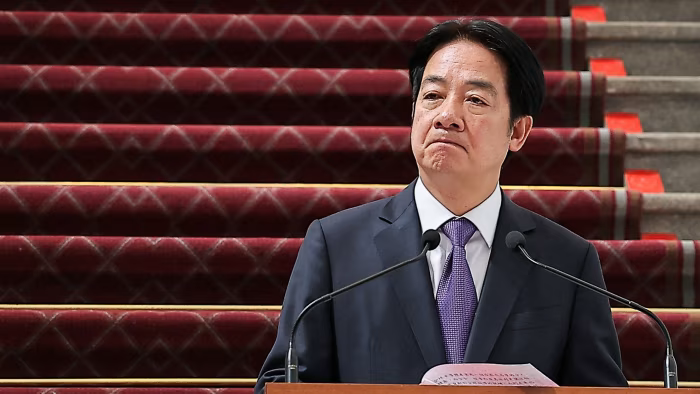Taiwanese President Lai Ching-te has pledged to increase investment and procurement in the United States in response to President Donald Trump’s new global tariff plans and pressure on Taiwan’s semiconductor industry.
Speaking to reporters on Friday, Lai emphasized Taiwan’s commitment to maintaining strong economic ties with the US, saying:
“We will increase investment in the US and purchases from it to balance bilateral trade.”
His remarks came just hours after Trump announced plans to impose “reciprocal tariffs” on countries with which the US runs significant trade deficits.
Taiwan is a global leader in semiconductor manufacturing, with Taiwan Semiconductor Manufacturing Company (TSMC) at the forefront of the industry. The US trade deficit with Taiwan, its seventh-largest trading partner, widened by $26.1 billion to $73.9 billion last year, largely driven by soaring demand for AI chips, most of which are produced by TSMC.
Trump has accused Taiwan of “stealing” the US semiconductor business and has repeatedly called for chip production to return to American soil. When announcing his latest tariff plans on Thursday, he stated:
“We want that business back in the United States, and if they don’t bring it back, we’re not going to be very happy.”
Lai, however, defended Taiwan’s role in the global semiconductor supply chain, emphasizing its importance in maintaining technological innovation and stability.
“Taiwan is capable and willing to respond to new situations,” he said.
Lai added that he aims to “ensure Taiwan’s indispensability in the global supply chain.”
Under pressure from both the Trump and Biden administrations, as well as key American customers, TSMC has already committed to investing $65 billion in three fabrication plants in Arizona. The first of these facilities has begun mass production, though even when all three plants are completed, they will still represent less than one-fifth of TSMC’s total manufacturing capacity.
Despite these commitments, Trump has threatened to overturn subsidy deals granted under the previous administration, potentially putting more than $6 billion in financial support for TSMC at risk. Additionally, Trump has signaled his intention to expand chip manufacturing in the US on a much larger scale.
Lai reaffirmed Taiwan’s commitment to being the US’s “most reliable trading partner” and invoked the shared democratic values between the two nations. However, he acknowledged that the Trump administration’s trade policies represent a significant shift.
“The Trump administration is pursuing strategies and policies that are completely different from the past,” he said.
Lai added that this shift presents challenges for all US trading partners, including Taiwan.
To address these concerns, Lai proposed a “global semiconductor democratic supply chain initiative,” which aims to strengthen international cooperation in semiconductor production rather than concentrating the industry within a single country.
Taiwan’s government is also considering increasing its purchases of US goods, including energy, in an effort to address trade imbalances and potentially prevent the imposition of new tariffs.
Beyond trade issues, Lai also pledged to increase Taiwan’s defense spending, a move likely aimed at reinforcing the island’s commitment to self-defense amid growing Chinese military threats.
Taiwan has already committed to raising defense expenditures to a record level in 2025, which would account for 2.45% of its GDP. Lai indicated plans to push this figure to 3%, though he did not specify a timeline for implementation.
Trump has previously criticized Taiwan, as well as NATO allies, for not contributing enough to their own defense. While campaigning, he suggested that Taiwan should devote 10% of its GDP to military spending, a figure significantly higher than its current levels.
Taiwan’s approach to Trump’s tariff threats reflects a balancing act between maintaining strong trade ties with the US while asserting its position in the global semiconductor industry.
Lai emphasized that Taiwan’s chip industry is prepared to handle the evolving trade landscape and that his government will continue discussions with both the US government and semiconductor companies to find a path forward.
“We hope to create a win-win scenario,” he said, “not just to ensure benefit to the US, but also to ensure that Taiwan’s industries continue to grow.”
With input from the Financial Times, Reuters, Bloomberg, the Associated Press.










The latest news in your social feeds
Subscribe to our social media platforms to stay tuned